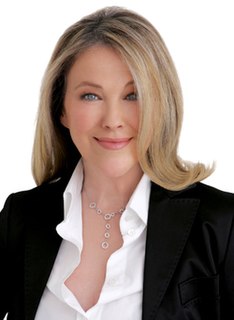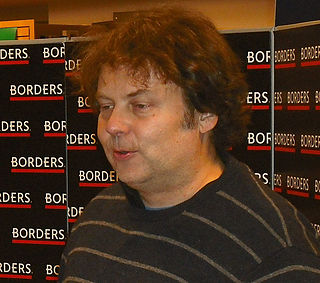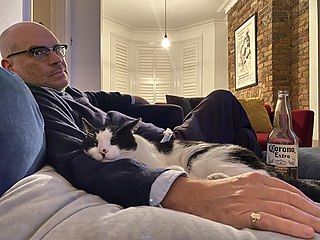A Quote by John Kenneth Galbraith
One of my greatest pleasures in my writing has come from the thought that perhaps my work might annoy someone of comfortably pretentious position. Then comes the realization that such people rarely read.
Related Quotes
I write for myself, and perhaps for half a dozen friends. And that should be enough. And that might improve the quality of my writing. But if I were writing for thousands of people, then I would write what might please them. And as I know nothing about them, and maybe I'd have a rather low opinion of them, I don't think that would do any good to my work.
There are a number of things that I'm trying to get into the books. There's a meta-fictional aspect, if I may use that pretentious word, to writing anything. You're writing in the shadow of all the people that have gone before and, in a way, you're having a dialogue with them. As someone who's read J.R. Tolkien and Robert E. Howard and all the great fantasists before, this is almost my answer to them.
After I quit being a lawyer in '95, I was having a lot of trouble writing. Then I read somewhere that Willa Cather read a chapter of the Bible every day before she started work. I thought, 'Okay, I'll try it.' Before each writing session, I started to read the Bible like a writer, thinking about language, character, and themes.
Curiously, the balance seems to come when writing is woven into every aspect of my life, like eating or exercising - one flows constantly into the next: I'll wake up and have coffee, read the news, then write a letter or two (always in longhand), then go teach, and after teaching write a bit in a journal - dreams, what I had for breakfast and lunch and why I had it, what's on the iPod, sexual habits, etc. - then read a bit, then work on a real bit of writing...you get the idea.
Perhaps Westerners are in a better position to practice true renunciation than uneducated Orientals because most Western people, by the time they come to the Dharma, have led a pretty full worldly life with lots of sensual pleasures, money and lots of toys to play with. They have seen that the path of accumulation of worldly treasure does not lead to happiness or contentment. That's why they come to the Dharma.
If you have to find devices to coax yourself to stay focused on writing, perhaps you should not be writing what you're writing. And if this lack of motivation is a constant problem, perhaps writing is not your forte. I mean, what is the problem? If writing bores you, that is pretty fatal. If that is not the case, but you find that it is hard going and it just doesn't flow, well, what did you expect? It is work; art is work.
Chaos often fosters the greatest creativity. Breakdowns often precede the greatest breakthroughs. And when the pain is greatest is often when we're on the brink of the greatest realization.....When the pain is burned through rather than numbed, when our darkness is brought to light and then forgiven, then and only then can we move on. And move on we do.




































